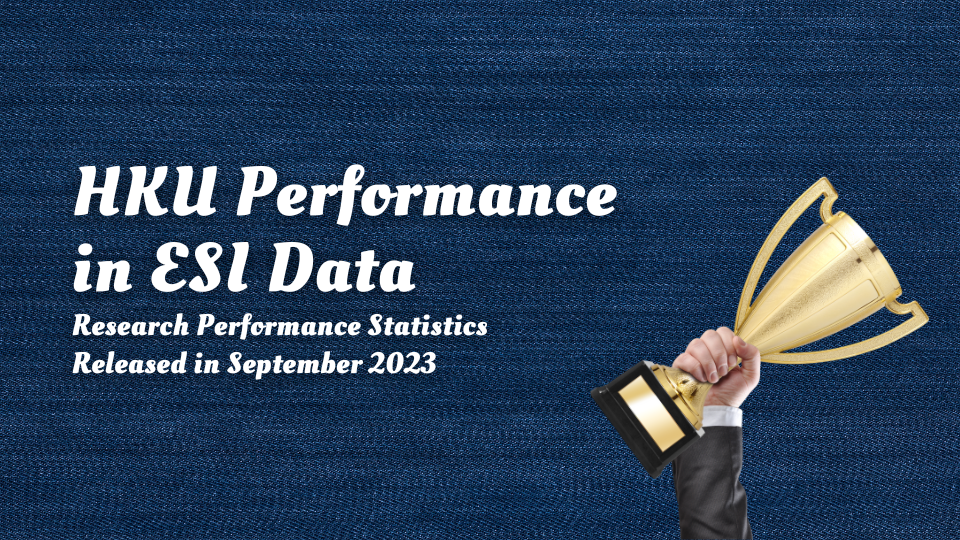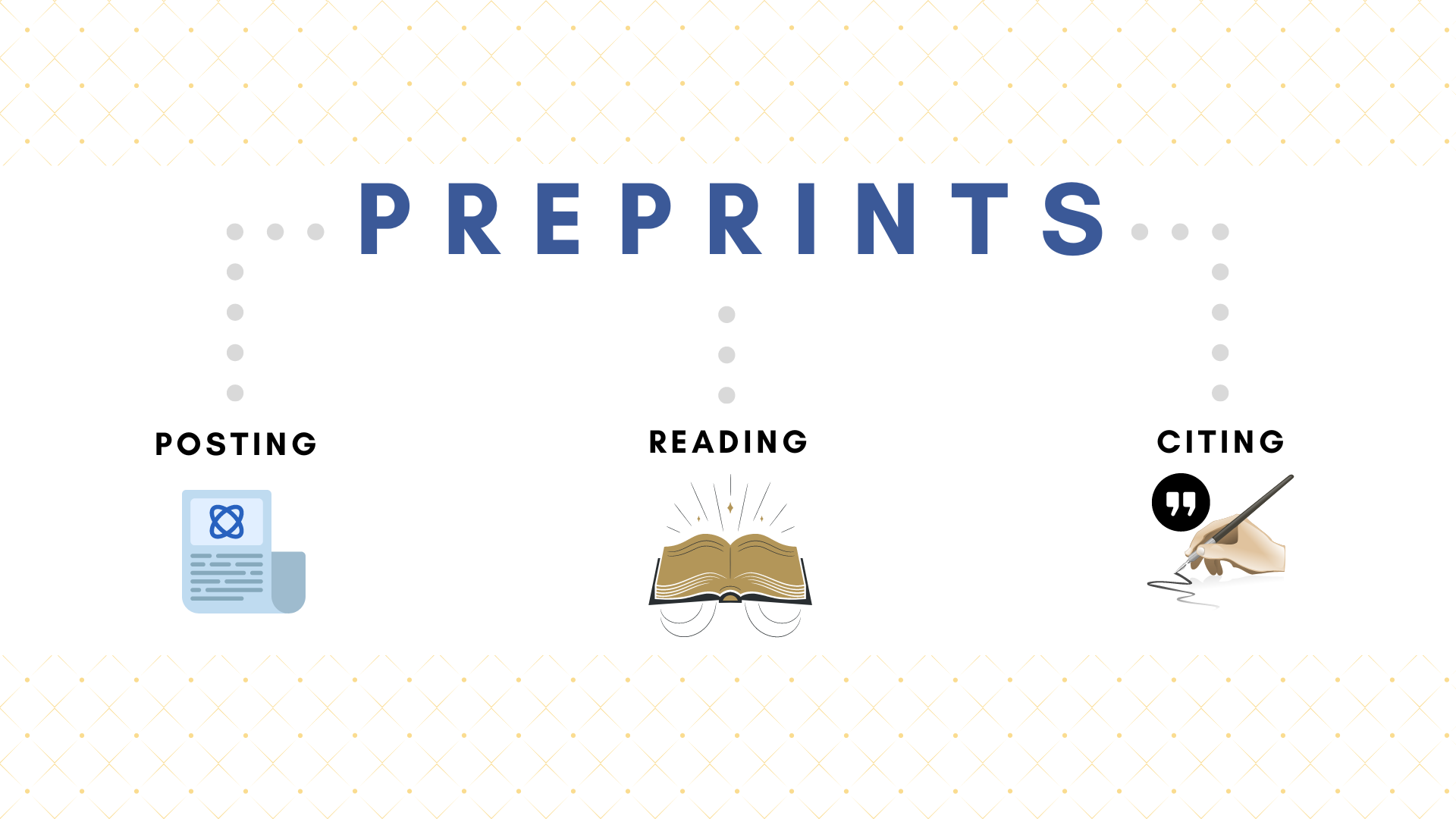Category: Research Metrics

HKU Contribution to Sustainable Development: Committed, Comprehensive, and Crucial
The 2030 Agenda for Sustainable Development (United Nations, 2015) provides a shared roadmap for achieving sustainable development by year 2030. Central to this agenda are the 17 Sustainable Development Goals (SDGs), which emphasize the need for global partnership to address pressing challenges and create a better world for present and future generations. The University of…
Read More
HKU Performance in ESI data – Research Performance Statistics Released in September 2023
1. Introduction to ESI data Essential Science Indicators (ESI) data are statistical data that help identifying top-performing research and emerging areas of research in science and social sciences based on the Web of Science Core Collection data. ESI surveys more than 11,000 journals across 22 broad disciplines (Essential Science Indicators Help, 2023). Based on the…
Read More
Beyond citations — Demonstrate your research impact with alternative metrics
Introduction to Altmetrics Alternative metrics (also known as altmetrics) indicate the attention of scientific outputs which are shared, mentioned, and discussed in online environments, which are derived from users’ actions on various social media platforms and other online sources (e.g., Wikipedia) [1]. Altmetric.com is a platform to find altmetrics for research outputs by tracking a…
Read More
A Review of HKU’s Research Contributions to the Sustainable Development Goals (SDGs)
Introduction The QS World University Ranking evaluates universities’ contributions to global sustainability by incorporating the United Nations’ Sustainable Development Goals (SDGs) into its methodology. QS uses a set of indicators, such as research output, academic reputation, and impact, to assess universities’ performance in each SDG, which are then combined to give an overall score for…
Read More
Towards a Framework to Measure Open Science Practices – PLOS Open Science Indicators
Open Science is “transparent and accessible knowledge that is shared and developed through collaborative networks” (Vicente-Saez & Martinez-Fuentes, 2018, p. 434). It encompasses emerging trends such as open code, open data, open access, and more. PLOS (Public Library of Science) is a non-profit, open access publisher in science and medicine, and perhaps, a journal publisher…
Read More
Top 2% Scientist by Stanford University
Stanford University has released a publicly available database of top-cited scientists, the World’s Top 2% Scientists for 2022. The ranking list is created based on the bibliometric information retrieved from Scopus as of 1 September 2022, with the data updated to the end of citation year 2021. The datasets are freely available at Elsevier Data…
Read More
Preprints 2: Concerns and Implications
Following the previous post on introduction and benefits of preprints, this blog post will briefly introduce concerns on preprints and some implications to readers and authors. Missed the previous post? Check the post here. Concern of preprints Quality While preprints play an unprecedented role in promoting timely dissemination of biomedical knowledge during COVID-19 pandemic, skeptics…
Read More
Preprints 1: Speed, Readership, and Citation Advantage
This blog post will briefly introduce preprints and their benefits. In the next post, the concerns of preprints and implications to authors and readers will be discussed. Stay tuned! Introduction Preprint is a version of a scholarly paper preceding formal peer review. Since the launch of arXiv (https://arxiv.org/), the very first preprint server used by…
Read More
Ways to boost your citations – Social Media
Dissemination of scholarly information is no longer limited to printed materials or electronic databases, but a faster, easier, and more interactive platform – social media. When you are in search of effective ways to increase the visibility and boost citations of your published papers, social media could be a novel means that you could adopt.…
Read More
Analysis of University Research Performance by Using ESI and InCites
About Essential Science Indicators (ESI) Essential Science Indicators (ESI) is an analytical tool that helps identify top-performing research on the Web of Science (WoS) Core Collection. ESI surveys more than 11,000 journals from around the world to rank authors, institutions, countries, and journals in 22 broad fields based on publication and citation performance. The survey…
Read More